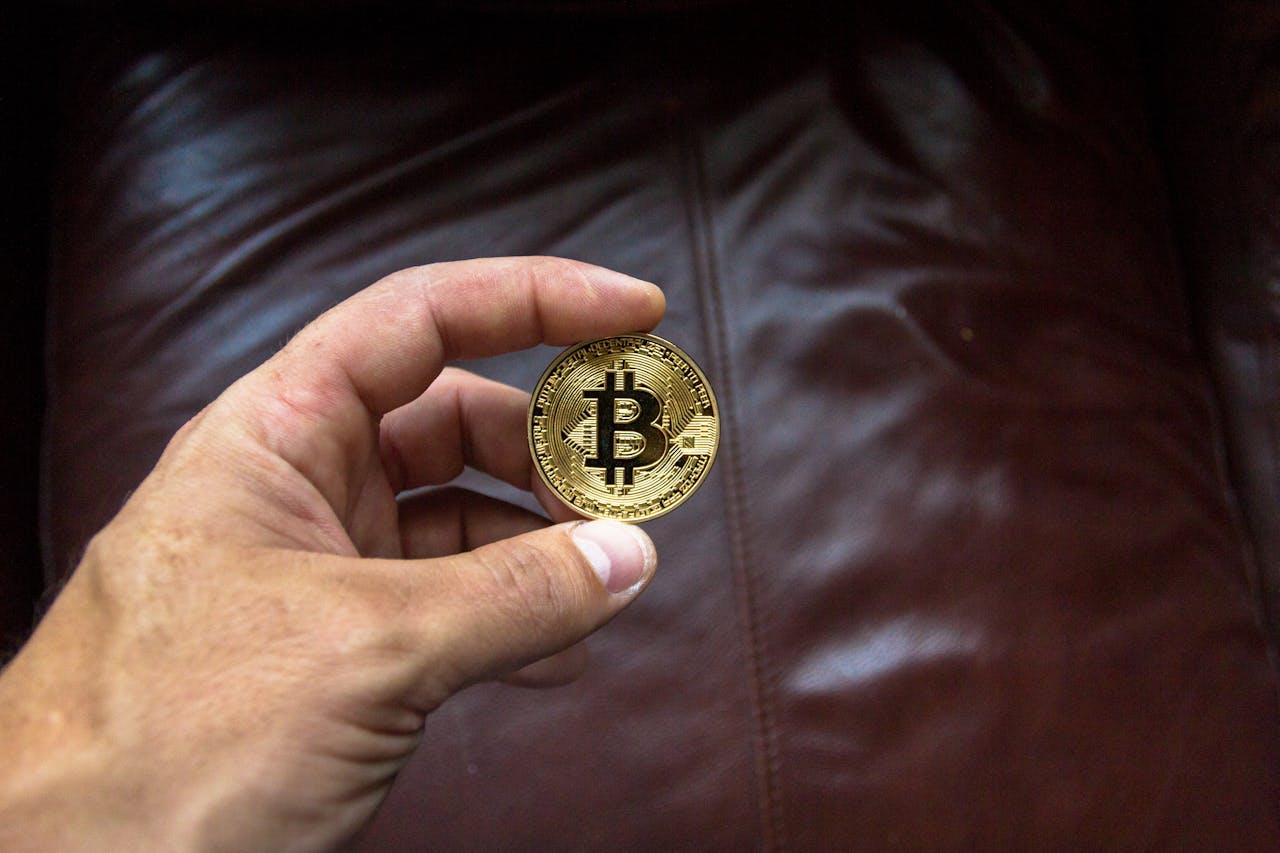

Before the COVID-19 pandemic, Malaysian consumers were big shoppers at the country’s many legacy shopping malls. The growth of Malaysia’s e-commerce market was slow, but the pandemic put it on overdrive. While consumers are not expected to abandon their offline shopping behaviors, many big players in the country’s e-commerce industry are now growing in importance.
Both businesses and consumers were quick to adapt to online shopping being the norm in the country. 2020 saw a 37% increase in Malaysia’s e-commerce market. According to the country’s Department of Statistics, the industry recorded a 23.1% year-on-year growth in the first nine months of 2021.
How will the trend of Malaysia’s e-commerce industry growth continue in the coming years? What can companies and shoppers expect from the e-commerce environment in the country after its booming growth in the last two years?

2018 to 2019 saw incremental growth in Malaysia’s e-commerce market. Consumers were starting to adapt to digital spending, using e-banking and digital wallets as their preferred methods of payment. Along with this, Malaysian shoppers grew more accustomed to shopping online, making cross-border transactions and purchases on marketplaces such as Shopee and Lazada.
The market realized its largest jump when the country went under lockdown to curb the spread of the coronavirus in March 2020. Malaysians turned to online shopping platforms as well as food delivery surfaces for their essentials. Many consumers were exposed to e-commerce platforms for the first time, and industry players rapidly addressed this demand as seen in Malaysia’s e-commerce industry growth and maturity in just two years.
In 2020, the Malaysian government announced the country’s development roadmap, the 12th Malaysia Plan. To complement this national development policy, the Malaysian Digital Economy Blueprint was also shared. The goal of the initiative is to establish Malaysia as the regional leader in the digital economy, while taking an inclusive and sustainable path to socioeconomic development. This includes adopting a cloud-first strategy, strengthening 5G infrastructure, and enhancing cybersecurity, among others.
With policies in place to support Malaysia’s e-commerce market, there’s no better time to join the industry’s big players while the market experiences steady growth. Plenty of opportunities for retail companies, food and beverage businesses, and mom-and-pop stores await. As infrastructure to strengthen connectivity and digital spending are established, both businesses and consumers can enjoy seamless experiences.
Those in related industries such as logistics and warehousing will also find that the industry can be lucrative. As more businesses set up their e-commerce platforms, they will require suppliers to support their digital operations. From inventory to delivery, there are many companies that will find the logistics side of Malaysia’s e-commerce market to be an avenue for growth.
With increasing internet usage and a tech-savvy population, it will come as no surprise that Malaysia is one of the fastest-growing digital economies in the Asia Pacific. This growth will be beneficial for businesses not only in the retail landscape but also for businesses that provide support to the operations side of e-commerce.

The Latest Developments in Cryptocurrency Adoption in SEA
The cryptocurrency market in Southeast Asia (SEA) has seen exponential growth in recent years. The revenue of cryptocurrency in the region was around USD 1,384 million in 2023 and is expected to grow by USD 1 million in the next four years. Countries like Indonesia, Singapore, and the Philippines are at the forefront of this digital revolution. The region's young, tech-savvy population, coupled with increasing internet penetration, has created a fertile ground for the adoption of cryptocurrencies. Currently, the crypto market in SEA is valued at several billion dollars, with projections indicating continued growth.

An Overview of the Halal Cosmetics Market in Malaysia
The halal cosmetics market in Malaysia has been experiencing significant growth. It is driven by a combination of increasing consumer awareness, government support, and the rising demand for halal-certified products among both Muslim and non-Muslim consumers.

How Digital Marketing is Transforming the Automotive Lubricants Market in Southeast Asia
In recent years, digital marketing has emerged as a transformative force in the Southeast Asian (SEA) automotive lubricants market. The region's rapidly growing internet penetration and increasing smartphone usage have created fertile ground for innovative digital strategies. This evolution is reshaping how companies engage with customers and streamline their operations, offering numerous opportunities for growth and efficiency.

Exploring New Business Models for a Sustainable Future
Transitioning towards new sustainability business models can help companies drive positive change and contribute to a more sustainable future.